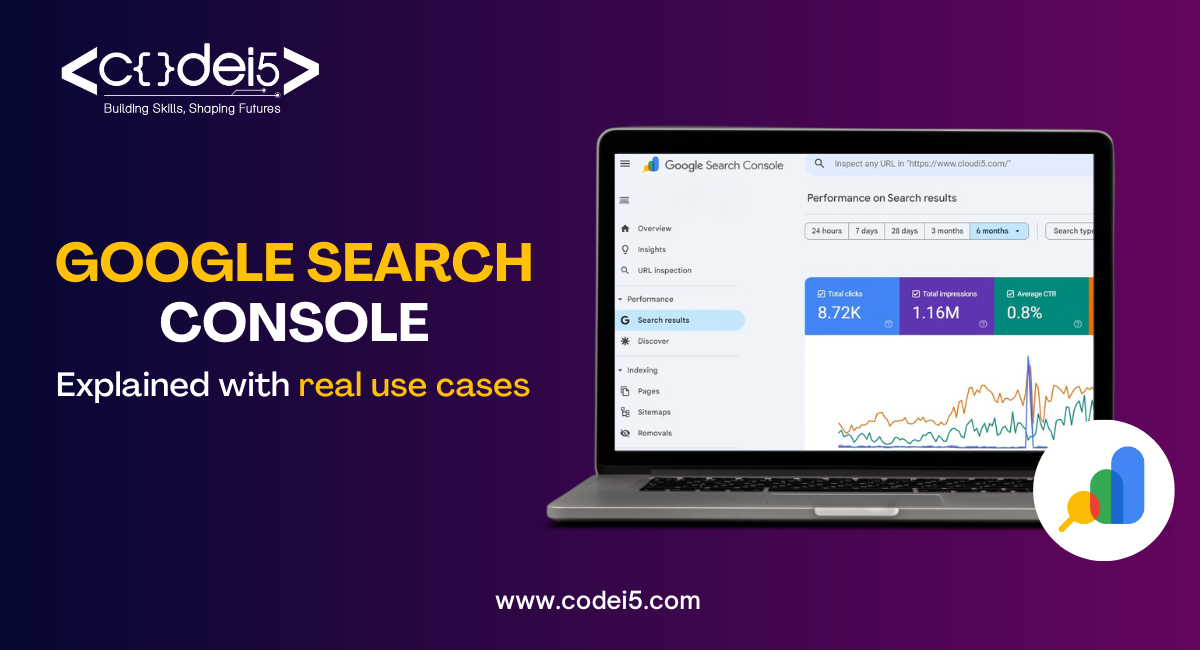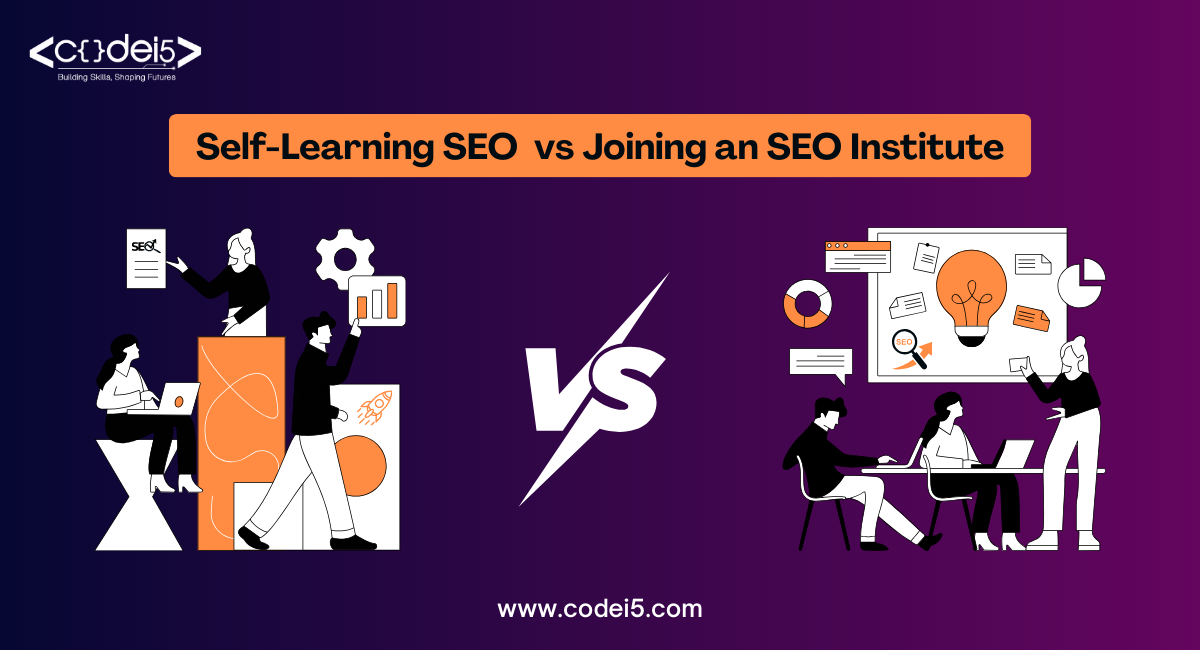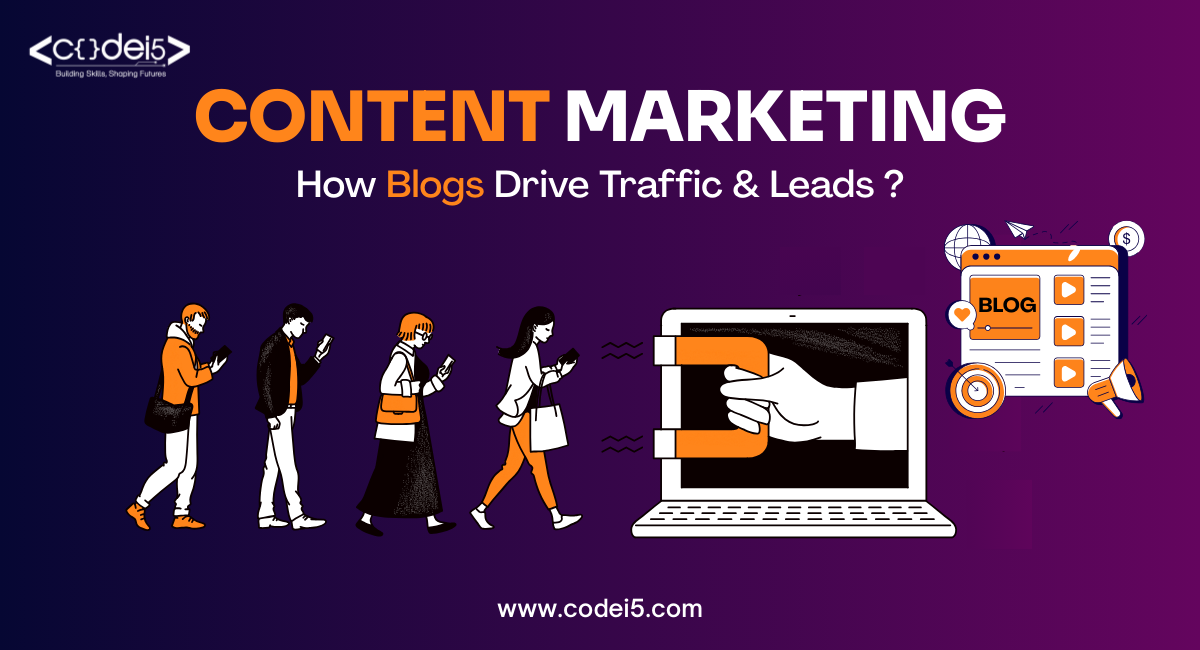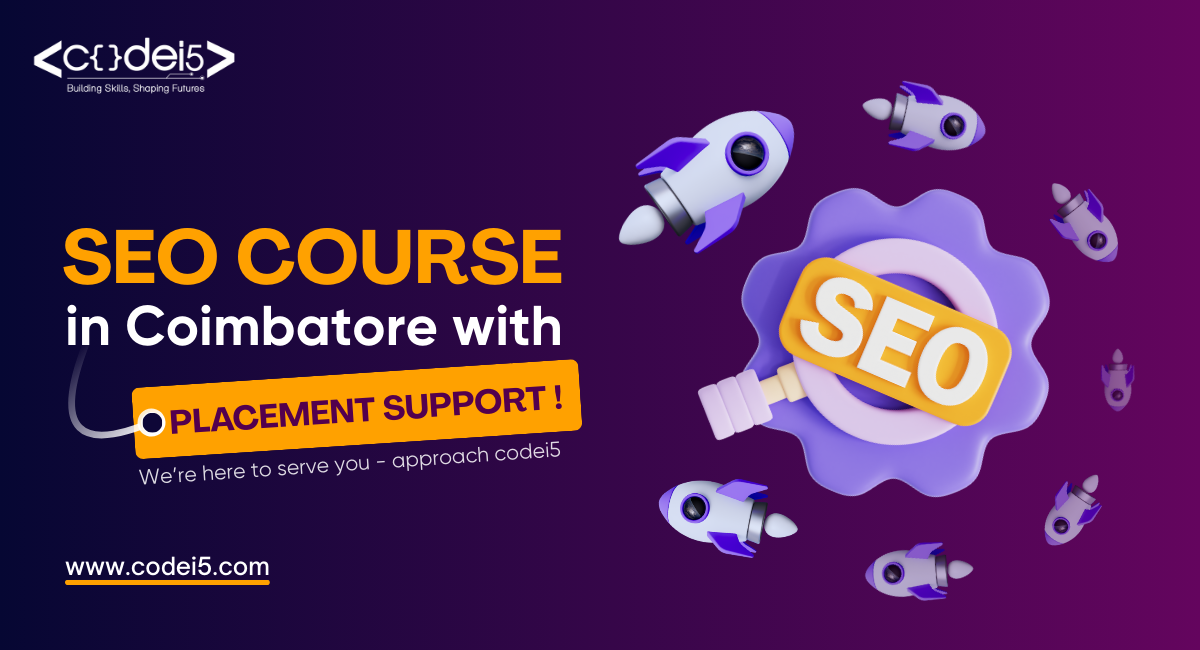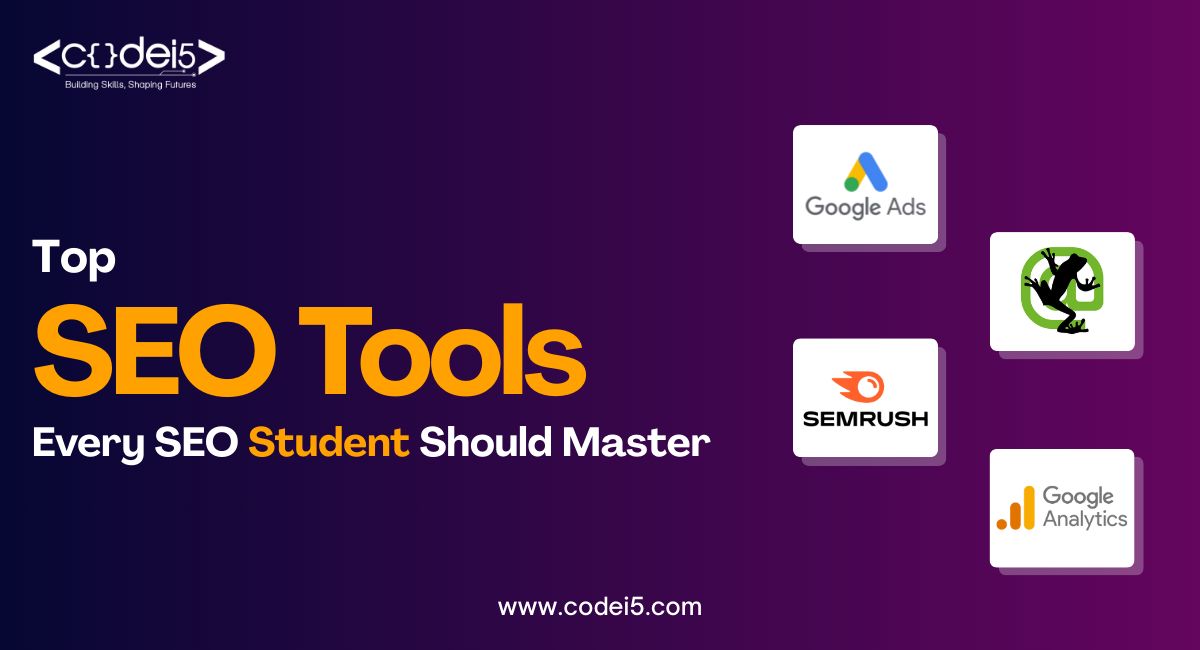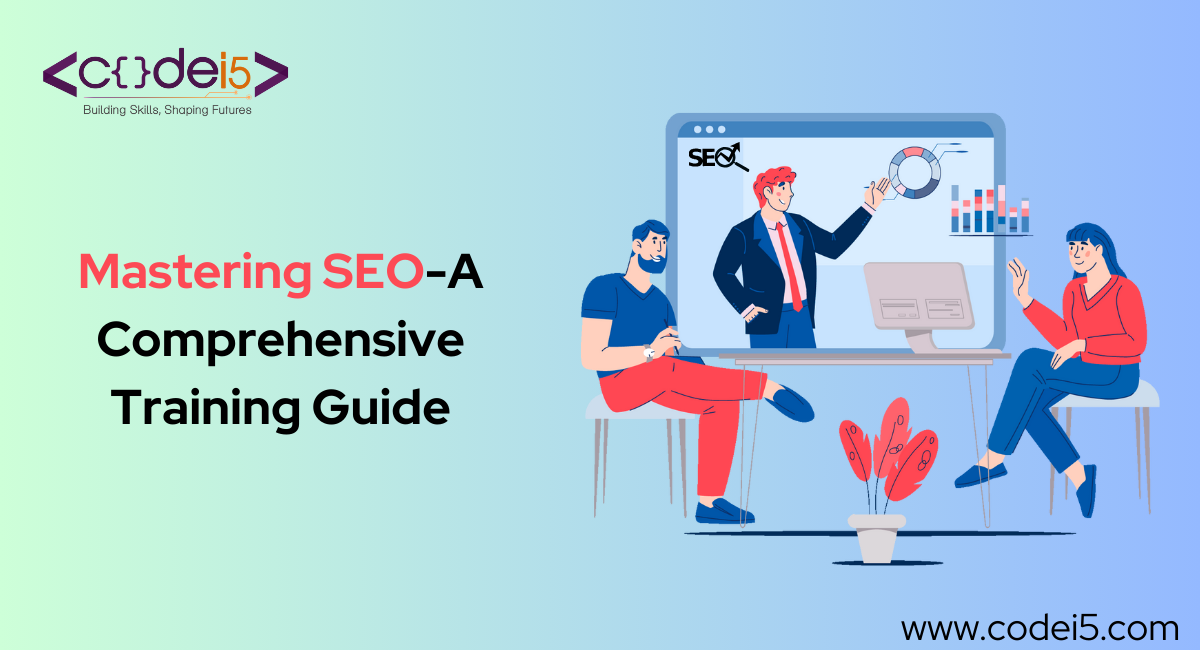
Learning the art of Search Engine Optimization, or SEO is the key to opening the door to online success for anybody looking to expand their business, gain recognition for their work, or increase traffic to their website.
Welcome to “Mastering SEO: A Comprehensive Training Guide.” Understanding and utilizing SEO’s power is not just a competitive advantage but also a need in this digital age where search engines like Google act as the gatekeepers to the enormous expanse of the internet.
This manual will be your compass as you navigate the complex SEO world. Our comprehensive training program will cover everything from the basics to advanced methods, from on-page optimization to technological details. It will give you the knowledge and skills to navigate the digital landscape confidently.
What is SEO?
SEO, or search engine optimization, refers to a collection of methods, approaches, and procedures used to raise a website or page’s exposure and position in search engine results pages (SERPs). This is also known as Optimizing SEO. Growing a website’s organic (non-paid) traffic, both in volume and quality is the main objective of SEO. For people and companies wishing to increase their knowledge and expertise in Search Engine Optimization, SEO training is essential.
SEO is the key to more visibility and, as a result, more potential clients or readers in the digital age, where the internet is the main source of information and trade. It is impossible to exaggerate the significance of SEO as the cornerstone of business and website owners’ success online.
SEO is an important part of digital marketing, and there are lots of career chances in the digital marketing field. The primary goal of search engine optimization (SEO), a cornerstone of digital marketing, is to raise a website’s exposure and position on search engine results pages (SERPs). The two main components of SEO are off-page optimization, which concentrates on constructing high-quality backlinks from reliable websites, and on-page optimization, which involves optimizing HTML code, meta tags, and content.
An effective digital marketing plan starts with clearly defined goals for your SEO (Search Engine Optimization) operations. These goals act as a road map for your SEO operations, assisting you in analyzing their effectiveness.
Search
On-Page SEO:
Any effective Search Engine Optimization (SEO) plan must include on-page SEO elements since they have a direct impact on how search engines interpret and rank your web pages.
Important components of on-page SEO are:
Keyword optimization: It is the process of telling search engines what your page is about by including appropriate keywords in your headers, meta descriptions, and content.
High-Quality Content: Giving users relevant and interesting content that satisfies their requirements and responds to their questions. The content needs to be readable and organized properly.
Meta Tags: Create interesting and relevant Meta descriptions and titles for every page to encourage visitors to click on your search results.
Header Tags: To arrange content hierarchically to encourage a better understanding of your page’s structure by search engines and visitors alike, utilize header tags (H1, H2, H3, etc.).
Internal Linking: establishing an internal link network to facilitate user navigation on your website and aid search engines in finding and efficiently indexing your information.
Image Optimization: improving accessibility and keyword relevance by providing meaningful alt text and optimizing picture files for quicker loading times.
URL Structure: Verifying that your URLs are clear, brief, and contain appropriate keywords will help you rank higher in search results.
Mobile-Friendly Design: Make sure your website is user-friendly and responsive across various devices, as search engines consider mobile-friendliness when determining rankings.
Page Speed: Increasing user experience and preventing high bounce rates, which might harm your SEO efforts, by optimizing page loads.
Structured Data Markup: Utilizing schema markup to implement structured data to provide search engines more context, which may result in rich snippets appearing in search results.
By understanding and refining these on-page SEO components, you may improve how search engines read and rank your content, increasing the amount of organic traffic to your website and its visibility.
Off-Page SEO:
An efficient Search Engine Optimization (SEO) plan must include off-page SEO components. Off-page SEO focuses on actions that happen outside your website but have an important impact on your online visibility and authority.
Page SEO essentials must include the following:
Backlinks: You can get backlinks to your website from other websites. Search engines view these as testimonials to the authority and applicability of your website.
Social Signals: Likes, shares, and comments on your content on social media might have an indirect impact on your SEO. It might bring more natural visitors to your website and raise awareness of your business.
Online Mentions: Reputable websites referencing or mentioning your business can increase your trust and authority online. Even without a direct connection, these remarks can benefit your SEO.
Guest Blogging: Guest posting on reputable websites in your industry can help you build your authority, get valuable backlinks, and increase referral traffic.
Online Reviews: Good reviews can boost local SEO and establish credibility with prospective clients on sites like Yelp, Google My Business, and industry-specific review portals.
Brand Citations: Maintaining consistent listings of your company’s name, address, and phone number (NAP) on many web directories and platforms can enhance local search engine optimization and build credibility.
Content Marketing: Your off-page SEO efforts can be further supported by producing valuable, shareable content that connects with your audience. This will automatically draw backlinks and social signals.
Influencer Marketing: You may increase your reach and authority in your area by working with influential people in the industry to promote your products or content.
The goal of off-page SEO is to establish your authority online, gain users’ and search engines’ confidence, and develop a presence outside of your website. These off-page components should be included in a comprehensive SEO strategy to enhance your overall search engine rankings and support your on-page optimization efforts.
Technical SEO:
An efficient Search Engine Optimization (SEO) strategy is built on technical SEO, which makes sure that your website is organized, user-friendly, and accessible to search engines as well as users.
Site Speed: Your website must load quickly because poorly designed websites can increase bounce rates and worse search engine rankings. Enhancing site speed can be achieved by reducing code, browser caching, and compressing graphics.
Mobile-Friendly Designs: A flexible website design is essential for SEO because of the increasing usage of mobile devices. Mobile-friendly websites perform better on smaller displays and are preferred by search engines.
Crawlability: It’s critical to ensure search engine bots can effectively crawl and index your website. This includes building an XML sitemap, controlling bot access with robots.txt files, and resolving crawl issues.
SSL/HTTPS: Using HTTPS to secure your website is crucial for SEO and user data protection. Google prioritizes secure websites, and an SSL certificate is considered a ranking factor.
Structured Data: By using schema markup or structured data, you can improve search engines’ comprehension of your content and get rich snippets in search results.
Canonical Tags: Penalties for duplicate content can be avoided by designating the preferred URL version with canonical tags when duplicate material is present.
URL Structure: Enhancing search engine rankings and user experience can be achieved by crafting clear, intuitive URLs incorporating pertinent keywords.
Site Structure: Users and search engines will find information more readily if it is arranged on your website in a logical structure with well-defined categories and navigation.
XML Sitemaps: Search engines can understand the structure of your website and index your pages by creating and submitting XML sitemaps.
Technical Errors: A website’s health depends on regular monitoring and correction of technical problems, including broken links, 404 errors, and server difficulties.
Both on-page and off-page optimization strategies are built upon technical SEO. By attending to these fundamentals, you ensure that your website is simple to use, search engine friendly, and well-structured, which will enhance its overall performance and search engine ranks.
SEO Content and Strategy:
In digital marketing, SEO strategy and content are strongly interwoven. High-quality, user-focused content production and optimization are essential to a winning SEO strategy. It is essential to provide information that is not only unique and educational but also organized so that readers can read it and find it interesting.
You can use various search optimization (SEO) tools to assist you with different parts of your SEO plan, such as performance tracking and keyword research. These are a few well-liked SEO tools:
- Google Analytics
- Google Search Console
- SEMrush
- Ahrefs
- Yoast SEO
Key components of search engine optimization are on-page SEO and the organic incorporation of these keywords into your content. Strategic internal linking is vital for directing visitors and search engine workers to relevant material and building a seamless, all-encompassing online experience.
Put, SEO strategy and content go hand in hand to improve a website’s search engine results, draw in more visitors, and promote long-term online success.
Common SEO mistakes and How to avoid them?
Frequent SEO errors can seriously lower a website’s exposure and search engine rankings. Excessive use of keywords in text, or “keyword stuffing,” is a common mistake that can result in bad user experiences and search engine penalties. Excessive use of keywords in text, or “keyword stuffing,” is a common mistake that can result in bad user experiences and search engine penalties. Focus on producing worthwhile content and utilizing keywords organically to avoid this.
It’s crucial to make sure your website is mobile-friendly and responsive. Rankings can also be harmed by technical SEO mistakes like disregarding site speed and crawlability. Other common mistakes include having duplicate material and ignoring analytics. Success with SEO largely depends on producing original material and utilizing analytical tools like Google Analytics. Lastly, since SEO benefits take time to materialize, impatience is a common mistake. In the ever-changing realm of search engine optimization, the secret to long-term success is to set reasonable expectations and gradually hone your approach.
Conclusion:
In conclusion, developing your SEO skills requires constant learning, modification, and optimization. For individuals looking to navigate the ever-changing world of search engine optimization, this thorough instruction manual is an invaluable resource. Enroll in our top training institute if you wish to study SEO training.


